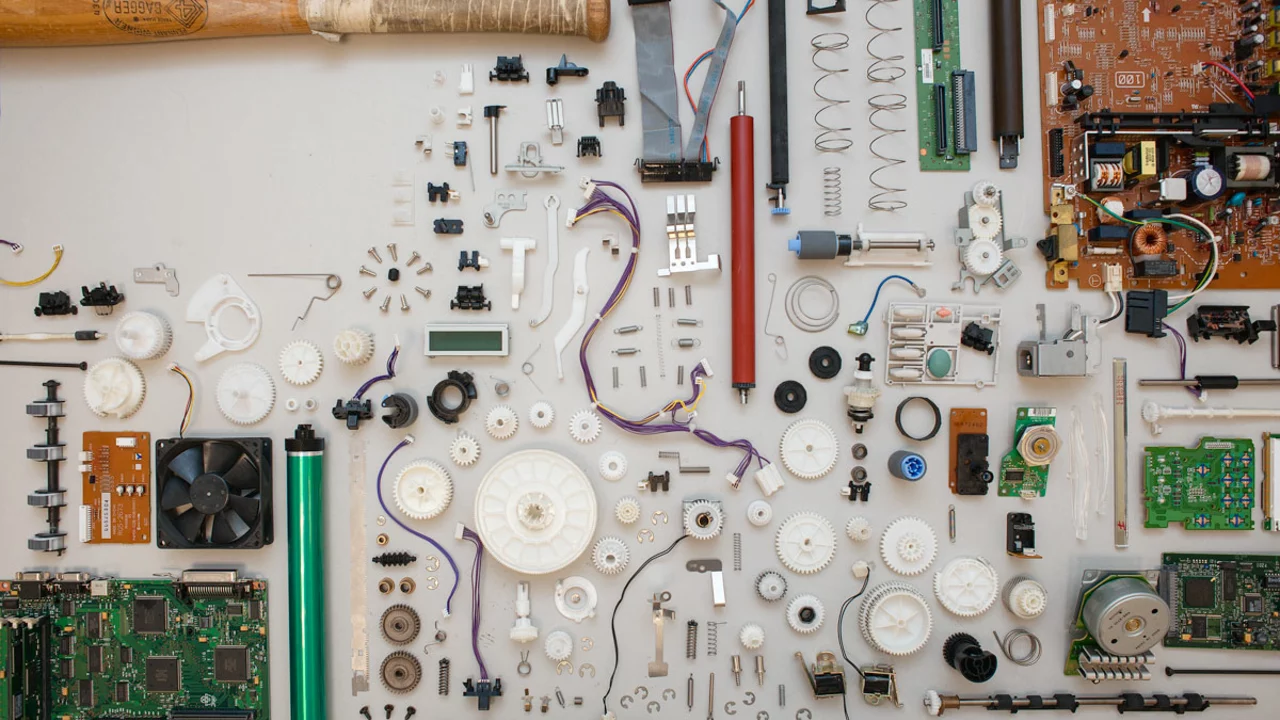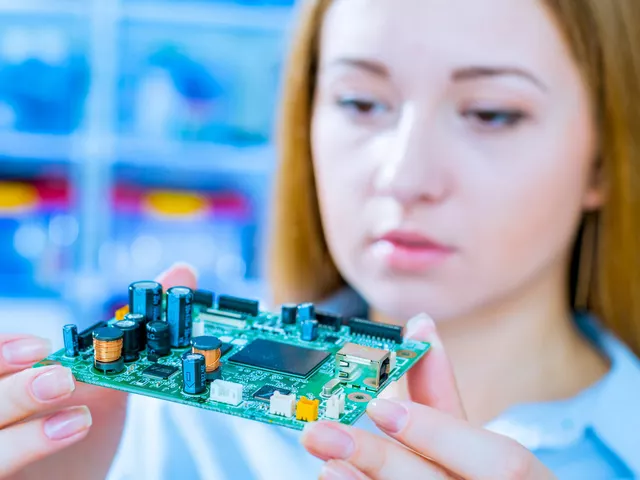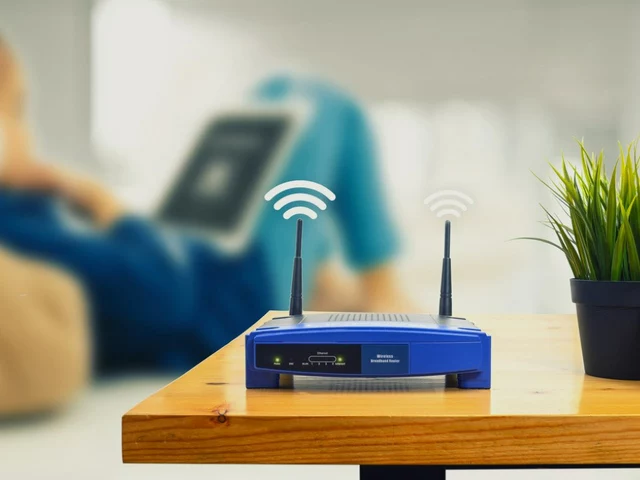The Shift from Physical to Digital Hobbies
When we look at the landscape of hobbies today, it's evident that there's been a significant shift from physical hobbies like electronics to digital ones. Nowadays, people are more likely to spend their free time playing video games, browsing social media, or watching streaming services than they are to pick up a soldering iron and start building circuits. This shift is thanks in large part to the rise of the internet and digital technologies, which have made a wealth of entertainment options available at the click of a button. As a result, the tangible, hands-on nature of electronics has lost some of its appeal.
The Complexity of Modern Electronics
Another factor that has contributed to the decline of electronics as a hobby is the increasing complexity of modern electronic devices. In the past, it was relatively simple to understand how a device like a radio or a television worked. But today, even the most basic electronic devices are packed with complex circuits and microchips that can be overwhelming for a beginner. This steep learning curve can deter people from taking up electronics as a hobby.
The Cost of Electronics
Cost is another barrier that prevents many people from pursuing electronics as a hobby. Buying the necessary components and tools can be expensive, especially when compared to hobbies that require little to no financial investment. This is particularly true for people who are interested in building their own devices from scratch, as the cost of parts can quickly add up.
Lack of Hands-On Education
Many people are also deterred from taking up electronics because they don't know where to start. Unlike hobbies like cooking or gardening, which are often taught in schools or by family members, there's a lack of hands-on education for electronics. This can make it difficult for beginners to get started, and can also contribute to the perception that electronics is a difficult and inaccessible hobby.
The Perception of Electronics as a Male-Dominated Field
Electronics has traditionally been perceived as a male-dominated field, and this can discourage women and girls from taking up the hobby. While this perception is slowly changing, there's still a long way to go. Encouraging more women and girls to explore electronics can help to broaden the appeal of the hobby.
The Rise of Ready-Made Devices
The market is flooded with ready-made electronic devices that are cheaper and more convenient than building your own. This has reduced the need for people to understand how electronics work, and has made the hobby less appealing to many. Why spend time and effort building something when you can buy it off the shelf?
Safety Concerns
Electronics also involves working with electricity, which can be dangerous if not handled properly. This can deter people, especially parents who might be considering electronics as a hobby for their children. While there are safe ways to experiment with electronics, these safety concerns can nonetheless be a barrier to entry.
The Role of DIY Culture
Despite these challenges, there's a growing DIY culture that's helping to revive interest in electronics. This culture values self-reliance and creativity, and sees value in understanding how things work. With the right resources and encouragement, this DIY culture could help to bring electronics back into the mainstream as a hobby.
The Future of Electronics as a Hobby
While electronics may not be as popular a hobby as it once was, there's no reason to think that it's going away anytime soon. The rise of maker spaces and DIY culture, along with a growing interest in STEM education, suggest that there's a future for electronics as a hobby.
Final Thoughts
In conclusion, while there are many barriers to taking up electronics as a hobby, there's also a lot of potential. With the right resources and a bit of encouragement, there's no reason why electronics can't become a popular hobby once again.






